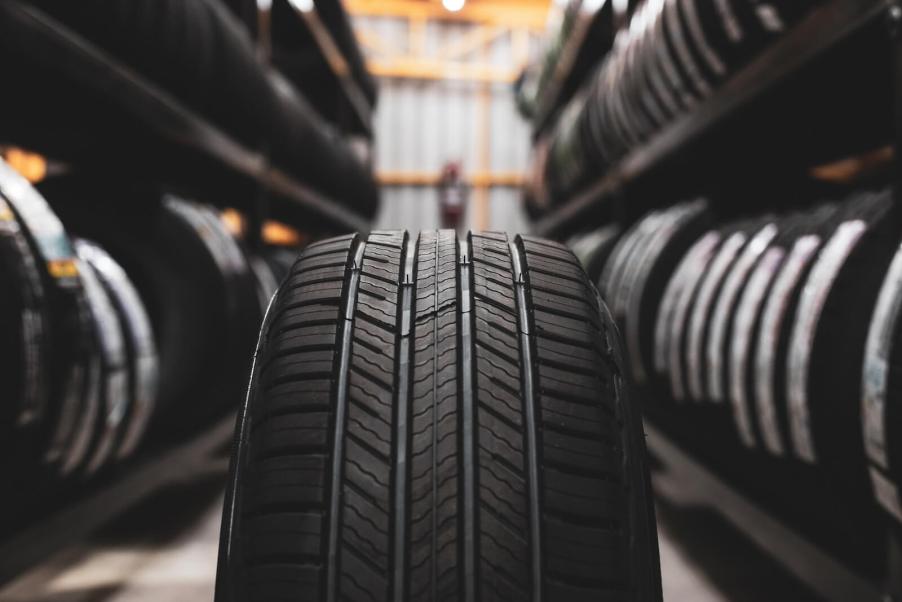
Are summer tires dangerous in the rain?
Your summer tires are some of the best ways to exploit your performance vehicle’s grip. However, as the name suggests, your summer rubber might not be most at home in the wet or the frigid cold. So, are your summer tires dangerous in the rain? Or is it just inconvenient?
Your summer tires may not be dangerous in the rain, but they’re certainly not the best tool for the job
Your summer tires employ fewer sipes, or “kerfs,” in their tread makeup. I know, I know. What the hell is a kerf, right? Well, sipes (or kerfs– no judgment) break up your tire’s tread block and enhance traction in wet, snowy, or icy weather. That’s the reason why your last set of all-season tires looks so complicated compared to the set of summer rubber on your car now.
With larger tread blocks and fewer kerfs, your summer rubber performs better in higher summertime temperatures. As such, your hot-weather-friendly rubber is happiest with warm, dry pavement. Conversely, your all-season tires will handle the extra precipitation of rainy days much better than less-textured tires.
For instance, a nearly slick tire will perform its best at the drag strip on a prepped surface. However, your all-season tires feature deeper grooves and more sipes to channel water and road surface perception. As a result, your all-season tires are much better suited to handle wet surfaces like rain than your summer tires safely. However, your summer tires aren’t necessarily dangerous in the wet.
Instead, your summer tires channel much more water than a slick drag tire like a Mickey Thompson ET Drag Tire or a Hoosier Drag Radial. I know, duh, right? Well, you can at the very least expect your summer compound tire to handle some precipitation much better than more performance-oriented tires. However, an all-season tire will likely channel precipitation like rain and snow much better than a summer compound.



